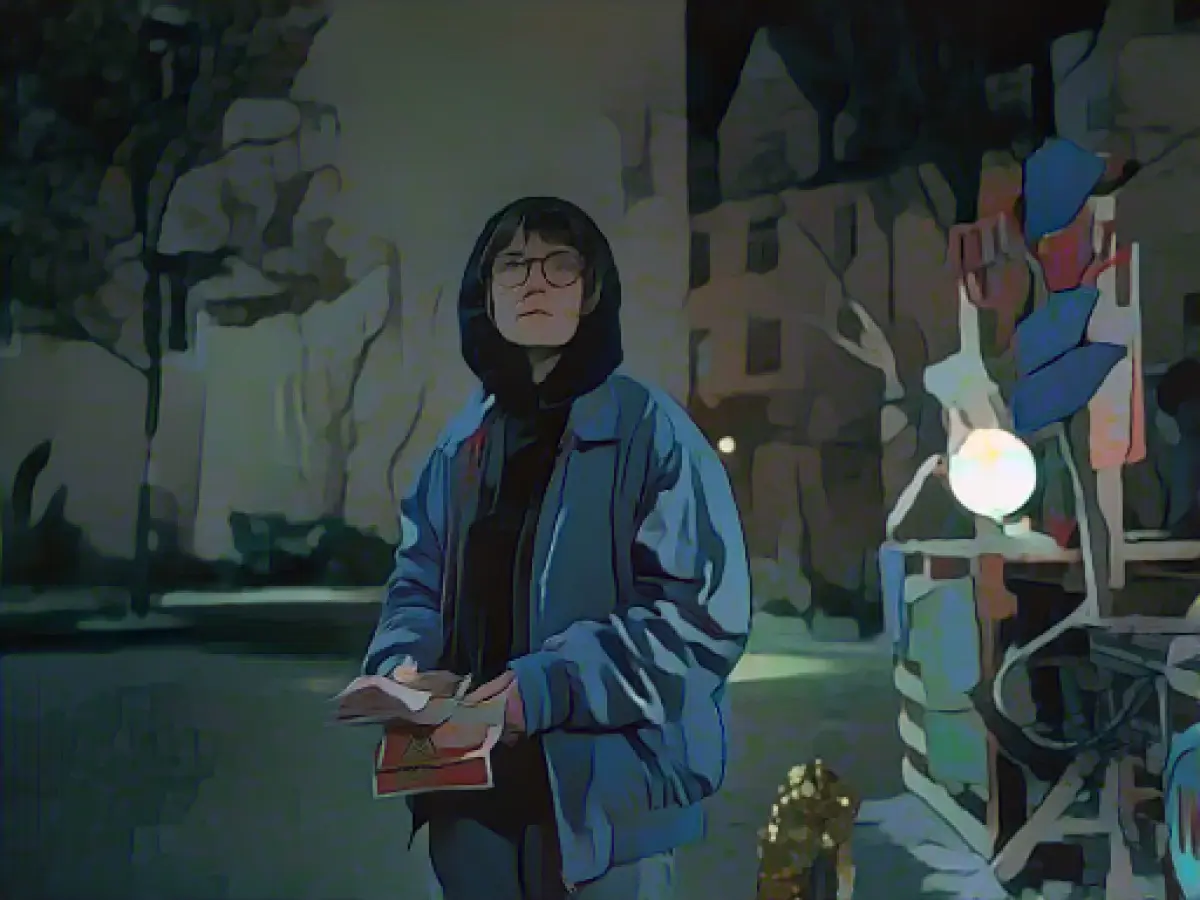TV series shows Germany's torn society
What kind of world are we leaving our children? Do our children trust us? These are questions that the authors Christian Schiller and Marianne Wendt have asked themselves. "This rift between the generations has touched and inspired us. We try to understand both sides. How can we manage to talk to each other again?" says Schiller in an interview with Deutsche Presse-Agentur.
The result of their examination of the rift is an ARD mini-series filmed in Halle (Saxony-Anhalt). The first three episodes of "Wer wir sind" will be broadcast this Wednesday (8.15 pm) on Ersten.
It tells the story of a group of environmental activists from Halle in Saxony-Anhalt. Together, they want to prevent waste disposal company Daniel Noll (Jörg Schüttauf) from disposing of waste illegally and without consequences. What begins as a peaceful evening at the protest camp in front of the company headquarters ends in an escalation of violence. Chief Inspector Catrin Kogan (Franziska Weisz) arrives on the scene - and finds her daughter Luise (Lea Drinda) among the activists.
The series tells the story behind activists, prolific offenders and police officers, says series director Charlotte Rolfes. "We wanted to make the ever-widening gap between young and old and between rich and poor visible, but also tell the story of those who don't live in big mansions and are regularly seen on TV," she explains.
A city torn apart
During the filming of the series, supporters of the Last Generation climate movement got stuck on a street for the first time, recalls Rolfes. The North Rhine-Westphalian village of Lützerath was also evacuated. "It was clear to us that the climate movement would get more publicity, but also more headwind."
According to Schiller, who comes from Halle himself, the divisiveness addressed in the series - between generations and classes - is well illustrated by Halle. The city on the Saale is divided into a rich, middle-class old town and a poor new town - also known as "Ha-Neu". "This stark contrast suited the series. For our characters, the economic issue is just as important as the ecological one. We try to tell a precise story." Old school friends of the author, who now work in social hotspots in Halle, accompanied the film team in their work.
They were "totally impressed" by Halle-Neustadt, Rolfes recalls of her first days in the Halle district. She also got the impression that the city was torn apart. There was an oppressive atmosphere, says the director, who lives in Cologne. "With these huge empty prefabricated buildings, it reminded me of Parisian banlieues." During the production of the series, she and her team were "very close to the people there". The series was shot exclusively in actual locations.
- The discussion about climate change is not only limited to academic circles and media outlets; it has also become a focal point on television, as evident in the increased coverage of environmental activism and related issues, such as the evacuation of Lützerath, as of November 15.
- As the television outlook continues to evolve, shows like "Wer wir sind" contribute to raising awareness about societal issues, like the rift between the generations and the divide between rich and poor, by showcasing real-life scenarios, as depicted in the city of Halle, highlighting the stark contrast between its affluent old town and its struggling new town.
Source: www.dpa.com







